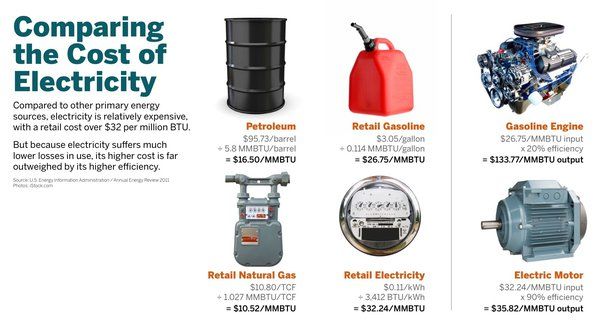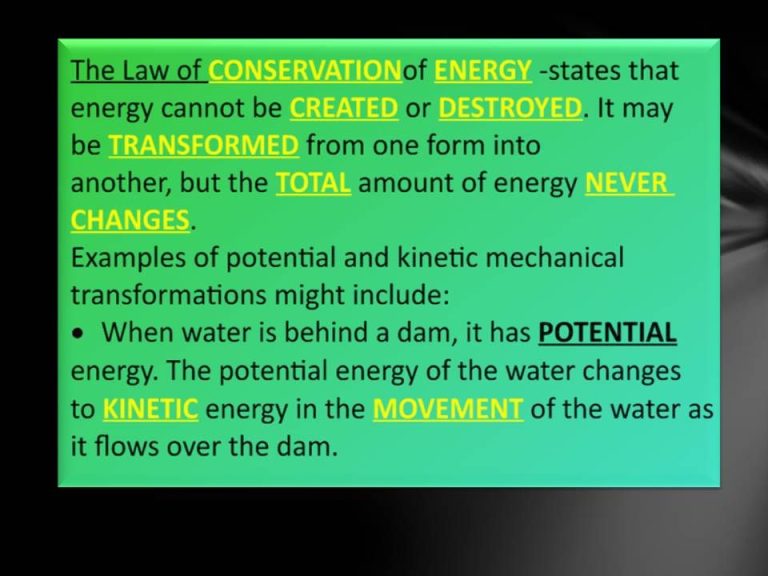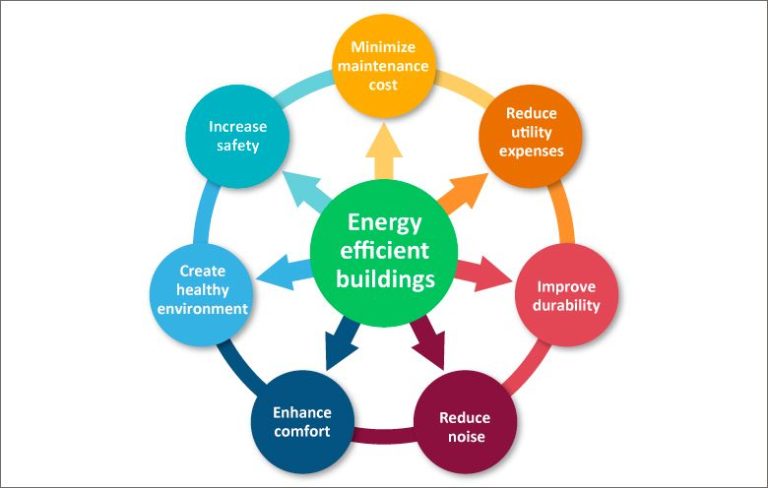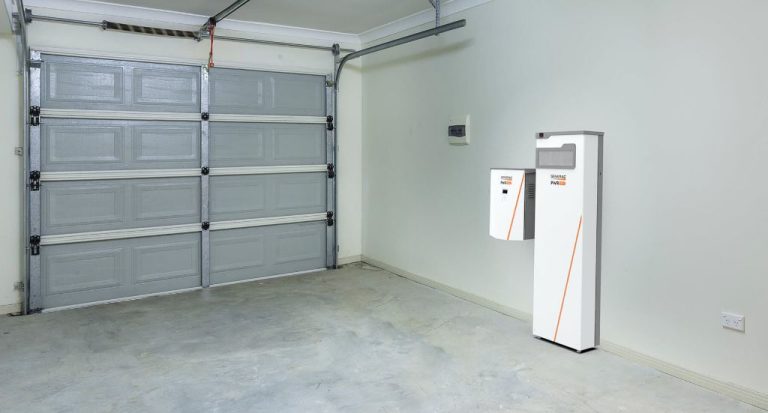Which Car Has The Greatest Efficiency?
With rising fuel prices and growing concern for the environment, choosing an efficient car has become increasingly important for many drivers today. Vehicle efficiency refers to how far a car can travel on a set amount of fuel. An efficient car maximizes mileage while minimizing fuel consumption. This helps drivers save money on gas and reduces environmental impact.
Selecting a fuel-efficient vehicle is one of the most effective ways drivers can reduce their carbon footprint and contribute to sustainability efforts. Cars account for a significant portion of greenhouse gas emissions that contribute to climate change. Choosing an eco-friendly, high-mileage car is an impactful way to lower your transportation emissions.
In this article, we will look at the most efficient vehicles available today. We will compare gas, electric, and hybrid cars to determine the models with the greatest efficiency. We will also explore the various factors that affect efficiency, like driving habits and proper maintenance. With gas prices fluctuating, efficiency is a key consideration for car buyers and everyday drivers looking to save money. This article provides helpful information to guide your next vehicle purchase or make your current car more efficient.
Definition of Efficiency
When evaluating the efficiency of cars, the key metric used is miles per gallon (MPG). This represents how many miles a vehicle can travel using one gallon of fuel. The higher the MPG, the more efficient the vehicle is.
There are two main MPG measurements used: city MPG and highway MPG. City MPG evaluates efficiency when driving in urban stop-and-go traffic. Highway MPG evaluates efficiency when driving on highways and freeways at faster steady speeds. Because highway driving has less stopping and starting, highway MPG is usually higher than city MPG for the same vehicle.
To get an overall sense of a vehicle’s efficiency, the city and highway MPG are combined into a weighted average. More weight is placed on city MPG since most driving occurs in city conditions. When comparing the efficiency of different vehicles, this combined MPG measurement provides the clearest picture.
Most Efficient Gas Cars
When it comes to pure gas-powered vehicles, hybrid gas/electric models dominate the most efficient options. Hybrids like the Toyota Prius, Hyundai Ioniq, and Honda Insight achieve 50+ mpg thanks to their electric motors and ability to run on electric alone at low speeds. This allows them to use their gas engines more efficiently overall.
For non-hybrid gas cars, top picks for efficiency include:
- Mazda 3 (36 mpg combined)
- Toyota Corolla (34 mpg combined)
- Honda Civic (36 mpg combined)

These models achieve great fuel economy through optimized aerodynamics, low rolling resistance tires, and high compression ratio engines. The skyactiv technology in the Mazda 3, for example, allows it to squeeze more miles out of every gallon despite having a traditional engine.
Overall, while hybrids dominate for gas efficiency, automakers continue to refine traditional gas engines to maximize mileage as much as possible. Still, hybrids enjoy a clear efficiency advantage by supplementing their gas engine with electric driving.
Most Efficient Electric Cars
When it comes to the current electric vehicles (EVs) available on the market, there are several key factors that determine how efficient they are. Range is a top consideration, as EVs still generally cannot drive as far on a single charge as gas vehicles can on a tank of fuel. However, each year, EV ranges continue to improve. Other factors like battery size, motor performance, aerodynamics and weight also impact efficiency. Here are some top picks for the most efficient electric cars available today:
The Tesla Model 3 Long Range offers an EPA-estimated 358 miles of range on a full charge according to current ratings. Thanks to its larger battery pack size of 82 kWh and optimized electric motor, the Long Range 3 provides 91 MPGe combined (city/highway) efficiency. This makes it one of the longest range and most efficient EVs available.
The 2022 Lucid Air has an incredible 520 miles of range in its largest battery configuration. With 113 MPGe combined, Lucid has dubbed it the longest range, fastest charging electric vehicle on the market. The company focused heavily on aero and weight optimizations to achieve such high efficiency.
For a more affordable option, the 2022 Nissan Leaf Plus offers up to 215 miles of range on a charge. It earns 114 MPGe combined efficiency. With a 62 kWh battery pack, it balances range and cost for an efficient daily driver EV.
Most Efficient Hybrid Cars
Hybrid cars offer the best of both worlds by combining an electric motor with a gas engine. This allows hybrids to deliver improved fuel economy compared to traditional gas-powered vehicles. Many hybrid models now achieve 40-50 mpg in combined city/highway driving.
Here are some of the most efficient hybrid cars currently available:
- Toyota Prius – The legendary Prius has long been the mpg champ, with an EPA rating of 56 mpg combined for the standard Prius model. The Prius Prime plug-in hybrid achieves an even better 133 MPGe (miles per gallon equivalent).
- Hyundai Ioniq – New for 2017, the Ioniq hybrid squeezes out 58 mpg combined. The Ioniq Electric model is one of the most efficient all-electric cars.
- Chevrolet Volt – This innovative extended-range electric vehicle travels 53 miles on battery power alone. With the gas engine kicking in after battery depletion, it earns a 42 mpg combined rating.
- Toyota Camry Hybrid – The popular Camry’s hybrid version achieves 52 mpg combined, making it one of the most efficient midsize sedans.
With hybrid technology improving each year, drivers can expect even higher fuel economy in the future. Hybrids are an excellent choice for eco-conscious consumers looking to reduce their gasoline consumption and carbon footprint.
Factors That Impact Efficiency
A vehicle’s efficiency depends on several key factors that determine how many miles it can travel on a gallon or kilowatt-hour of fuel. Understanding what makes a car efficient can help guide purchasing decisions.
Weight is a major factor in efficiency. The heavier the vehicle, the more energy required to accelerate and move it. Aerodynamics also play a key role, as more streamlined body shapes have less wind resistance. Tires can impact efficiency as well – low rolling resistance tires require less energy to roll down the road.
The engine and transmission also determine efficiency. More fuel efficient engine designs and transmission systems that maximize power while minimizing loss can greatly improve miles per gallon. Accessories like air conditioning sap power and reduce efficiency when in use.
Regular maintenance like oil changes, air filter replacements, and proper tire inflation maximizes efficiency over the life of a vehicle. Individual driving habits also make a difference – actions like avoiding quick starts and stops, removing extra weight, and avoiding excess idling conserve fuel.
Driving Habits for Efficiency
How you drive plays a big role in fuel efficiency. Certain driving habits can reduce your car’s efficiency and cost you more at the pump.
Your acceleration habits have an impact. Aggressive acceleration where the engine RPMs get very high is inefficient. Accelerating gently and smoothly puts less load on the engine and uses less gas. Avoid jackrabbit starts at stoplights.
Driving at faster speeds decreases efficiency significantly due to increased wind resistance. Follow posted speed limits and avoid speeding on highways. Every 5 mph over 50 mph reduces efficiency by about 7%.
Idling wastes fuel and provides 0 miles per gallon. Turn off your engine if you expect to be stopped for more than 60 seconds, except in traffic. Letting your engine idle too often or for too long can use up gas needlessly.
Vehicle Maintenance
Proper maintenance keeps your vehicle in top working condition – which means it will be performing at its maximum efficiency. Here are some key maintenance tips for optimizing efficiency:
Regular Service: Follow the manufacturer’s recommended service schedule for oil changes, fluid checks, battery checks, etc. This ensures all systems are running optimally. Skipping service can decrease efficiency over time.
Tire Pressure: Underinflated tires create more rolling resistance, decreasing efficiency. Check tires monthly and inflate to the pressure listed inside the driver’s door jamb. This ensures proper contact with the road.
Filters: Replace air filters and fuel filters at recommended intervals. Dirty filters restrict airflow and the fuel system, reducing efficiency. Fresh filters allow optimal air intake and fuel flow.
Keeping up on basic maintenance goes a long way towards keeping your vehicle at peak efficiency over the long run. Follow recommended schedules, check fluids and pressures, and replace filters regularly. Your vehicle will reward you with better MPG and performance.
Cost Considerations
While a more efficient vehicle may have a higher upfront cost, choosing a car with higher mpg will save money over the lifetime of the vehicle through lower fuel expenses. For example, upgrading from a car that gets 20 mpg to one that gets 40 mpg can reduce annual fuel costs by 50%. Over 10 years, that can translate into thousands of dollars in savings.
Not only do more efficient cars save on fuel costs, but their advanced powertrains and technologies tend to require less maintenance and repairs as well. Hybrids and electric vehicles don’t require oil changes or engine tune-ups as frequently. Reduced maintenance is another area where efficient cars can help lower the overall cost of ownership.
When shopping for a new car, it’s important to not just consider the purchase price, but the total long-term cost. Higher miles per gallon may require greater upfront investment, but the fuel and maintenance savings over the life of the vehicle can more than make up for it. Prioritizing efficiency is an effective way to save money while reducing your environmental impact.
Conclusion
In summary, when considering the most efficient vehicles on the market, hybrid and electric cars tend to offer greater fuel efficiency than their gas-powered counterparts. Models like the Toyota Prius Prime, Hyundai Ioniq Electric, and Tesla Model 3 have some of the highest MPGe ratings available today.
However, efficiency depends on more than just the vehicle model. Individual driving habits and proper vehicle maintenance also play key roles. Following best practices for fuel-efficient driving, keeping up with scheduled service, and ensuring proper tire inflation can help maximize efficiency regardless of vehicle type.
Ultimately, choosing the most efficient vehicle involves balancing factors like upfront cost, energy source preference, availability of charging stations, and intended use. But prioritizing efficiency not only saves money on fuel, it reduces environmental impact as well. For many buyers today, efficiency has become one of the most important considerations when shopping for a new car.





